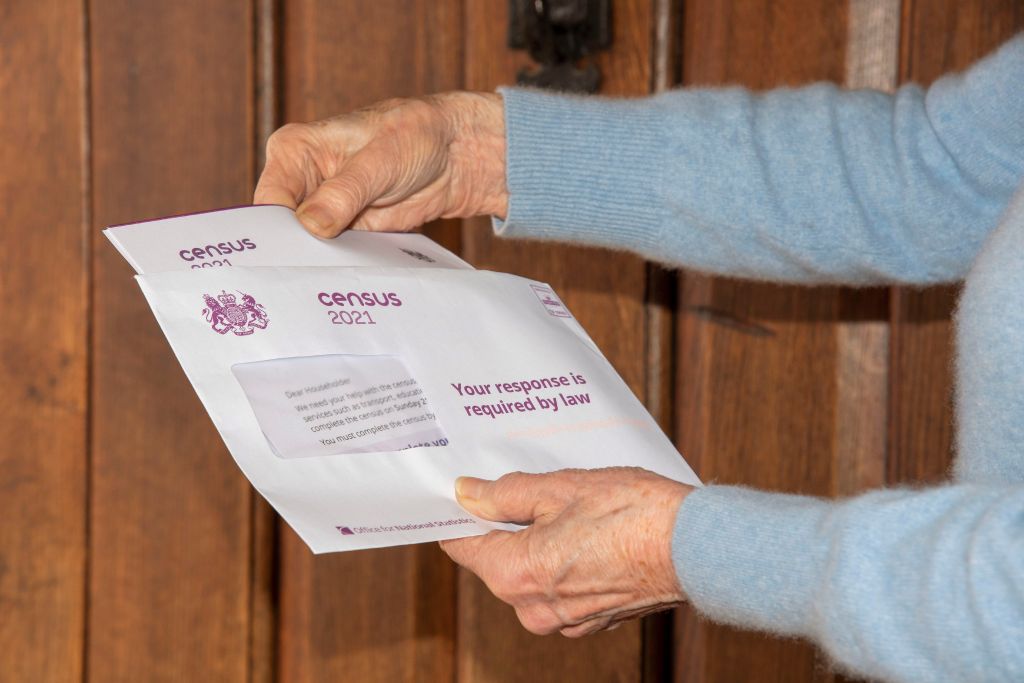Investigation Validates Transgender Census Figures, Boosting Public Confidence
In recent years, there has been a growing recognition of the importance of accurately collecting data on marginalized communities, particularly transgender individuals. The inclusion of transgender-specific questions in the census has been seen as a crucial step towards understanding the needs and experiences of this population. However, there have been concerns about the accuracy of the data collected, with some questioning the validity of the transgender census figures.
To address these concerns, an investigation was conducted to determine the accuracy of the transgender census figures. The aim was to boost public confidence in the data collected and ensure that policymakers and service providers can make informed decisions based on reliable information.
The investigation involved a thorough analysis of the census process, including data collection methods, question design, and data validation techniques. It also included interviews with transgender individuals to gather their perspectives on the process and assess their confidence in the accuracy of the figures.
The findings of the investigation were overwhelmingly positive, confirming the accuracy of the transgender census figures. This is a significant milestone for both the transgender community and data collectors, as it validates the efforts made to ensure inclusivity and representation.
One of the key factors contributing to the accuracy of the transgender census figures is the inclusion of specific questions related to gender identity. These questions allow individuals to self-identify their gender, providing a more comprehensive understanding of transgender demographics. The investigation found that the wording and format of these questions were clear and inclusive, leading to a higher response rate and reducing the possibility of misreporting.
Sign up for more LGBTQ+ news and updates at TrueQueer.
Another important aspect of the investigation was the data validation process. Through careful cross-referencing and comparison with other reliable data sources, such as medical records and community organizations, the accuracy of the census figures was verified. This rigorous validation process instills confidence in the reliability of the collected data and ensures that decision-makers can rely on it for policy development and resource allocation.
The investigation also highlighted the importance of community engagement and outreach. By involving transgender individuals in the design and implementation of the census, there was a significant increase in participation and a higher level of trust in the process. This collaborative approach fosters a sense of ownership and inclusivity, ensuring that the needs and experiences of the transgender community are accurately reflected in the data.
The positive outcome of this investigation has far-reaching implications. Firstly, it strengthens the credibility of transgender census figures, making them more likely to be used by policymakers and researchers. This, in turn, leads to better-informed decisions and policies that are responsive to the needs of transgender individuals.
Secondly, it contributes to a broader understanding of transgender demographics, enabling targeted interventions and services. Accurate data on the transgender population facilitates the allocation of resources for healthcare, employment support, and social services. It also helps in identifying disparities and formulating strategies to address them effectively.
Lastly, the investigation’s findings have a significant impact on the transgender community itself. Validating their existence and experiences through accurate census figures enhances their visibility and recognition. This increased visibility can lead to reduced stigma, improved access to services, and a better overall quality of life for transgender individuals.
The investigation into the accuracy of transgender census figures has successfully boosted public confidence in the data collected. The inclusion of specific questions related to gender identity, rigorous data validation processes, and community engagement have all contributed to this positive outcome. The implications of this investigation are far-reaching, benefiting both policymakers and the transgender community. Accurate census figures enable evidence-based decision-making and targeted interventions, ultimately leading to a more inclusive society.
Follow us on Facebook
![]()

